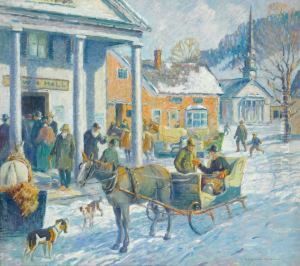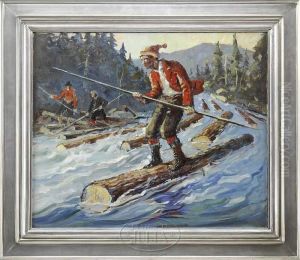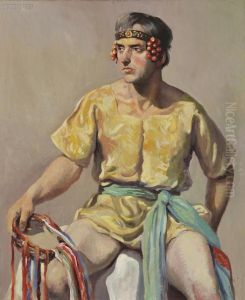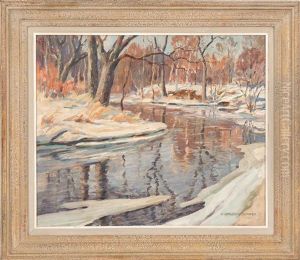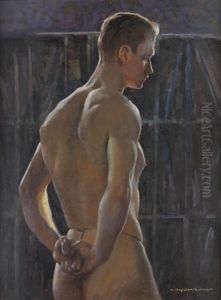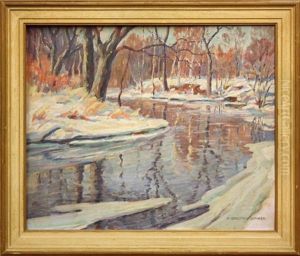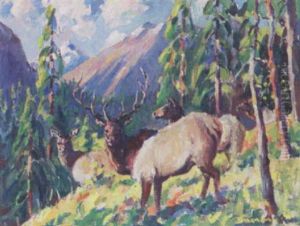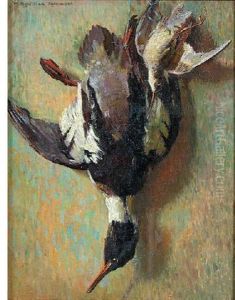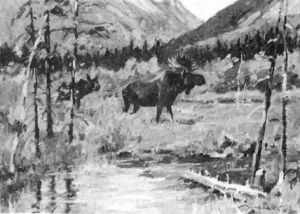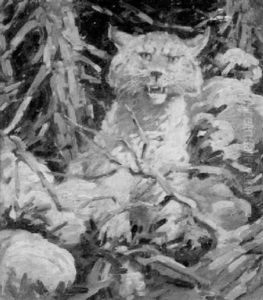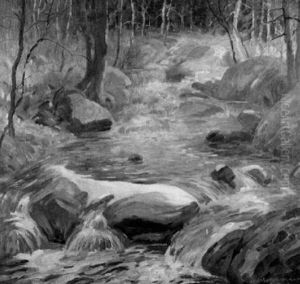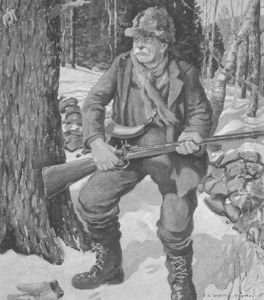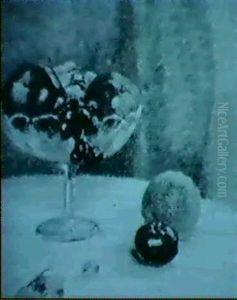H. Boylston Dummer Paintings
H. Boylston Dummer was an American artist, known for his work as a painter and etcher, particularly in the early 20th century. Born in 1878, Dummer's career spanned a period of significant change in American art, moving from the Gilded Age into the era of Modernism. Despite not being as widely recognized as some of his contemporaries, Dummer's work provides a unique insight into the landscapes and urban environments of his time, capturing the essence of America's natural and built environments with a distinctive style.
Dummer's artistic journey began in earnest after his formal education, which included studying art both in the United States and abroad. Like many artists of his generation, he was influenced by the Impressionist movement, which is evident in his use of light and color. However, Dummer also incorporated elements of Realism into his work, focusing on detailed and accurate depictions of his subjects. His landscapes and cityscapes, often created through the medium of etching, are characterized by their intricate details and the artist's ability to capture the mood and atmosphere of a place.
Throughout his career, Dummer exhibited his work in various galleries and exhibitions across the country. His etchings and paintings were well received, earning him a place among the respected American artists of his time. Despite this, he did not achieve the same level of fame as some of his peers, which has led to him being somewhat overlooked in the history of American art.
Dummer's contributions to American art, however, remain significant. His work provides a window into the America of the late 19th and early 20th centuries, reflecting the changes in the landscape and society during this period. Through his detailed etchings and vibrant paintings, Dummer captured the spirit of his era, making his work an important part of the American artistic heritage. He continued to create art until his death in 1945, leaving behind a legacy that, while perhaps not as well-known as that of some of his contemporaries, is deserving of recognition for its unique perspective on the American scene.
